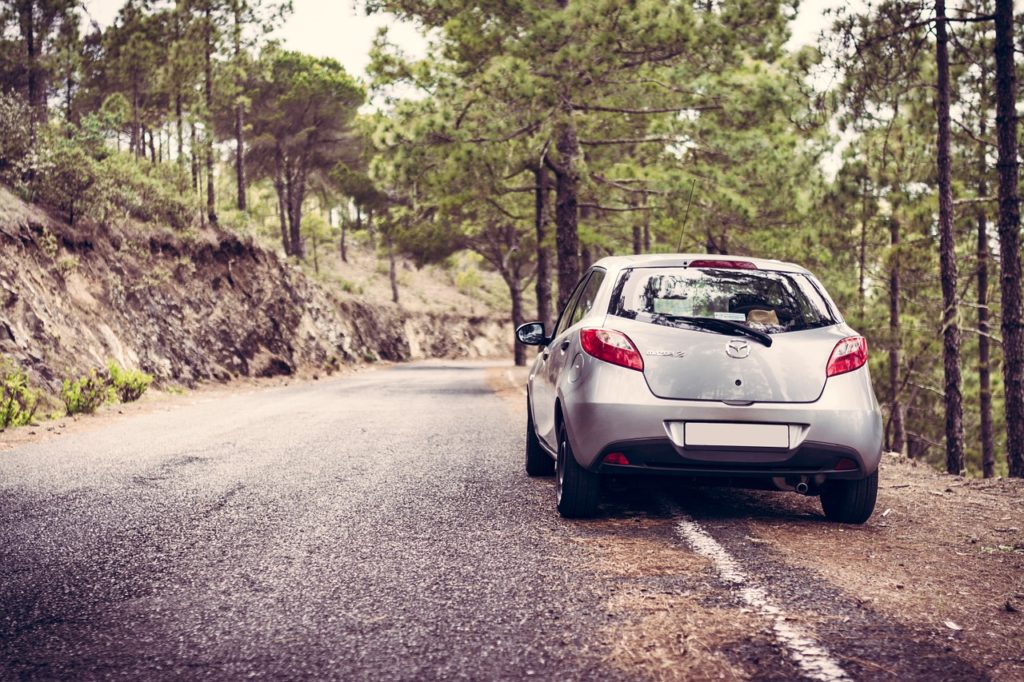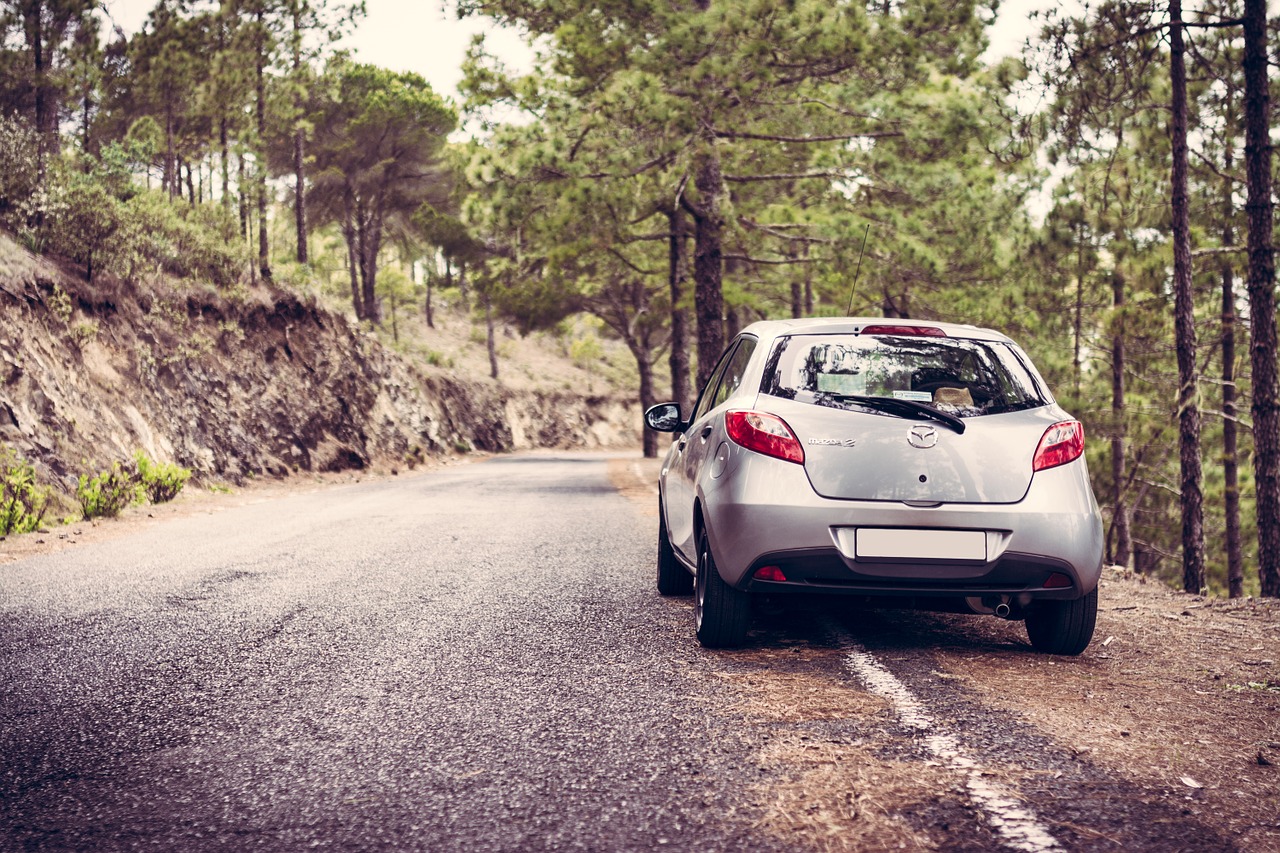
Going on a long road trip can be full of excitement, even before you’ve actually packed up the car. However, that excitement can be tempered by the uncertainty of what might happen. Leaving things to chance can mean that you spend your vacation time on edge rather than enjoying yourself. This isn’t about being too careful. It’s about showing just how organized you are. This is how to plan for a road trip like a pro.
1. Pack more clothes than you need
It’s better to be safe than sorry. Even if you’re certain that you’ll only be gone for five days, you shouldn’t have just five days of clothes with you. There are so many variables that can set you back and make your road trip longer than you anticipated. You might have to pull over at a motel for the night. Even if something like that doesn’t happen, you can still feel at peace knowing that you’re comfortable. Plus, we’re guessing you have a big enough suitcase to handle another couple of shirts and pairs of socks and underwear.
2. Get your car checked
Here’s a potential nightmare scenario. You’re halfway to your destination when you hear your car sputtering before it gives out. You have to call for a tow truck and deal with a hefty repair bill in order to even continue having a vehicle, let alone continue on your journey. To prevent this from happening, you want to bring your car in for an inspection. You should have your oil and tire pressure checked. If you’re going to be traveling through rough terrain, you want to make sure you have a vehicle that is up to the task. If you’re not feeling a lot of faith in your own vehicle’s capabilities, look into renting one that will be able to handle the trip better.
3. Prepare for weather emergencies
You’re driving down the highway when you realize that you need gas. Then, you hear a thunderclap, followed by an absolute downpour of rain. You don’t any sort of umbrella or poncho to cover you. You want to be covered in the event of any sort of weather emergency, from knowing how to drive in the snow (if you’re traveling during the winter months)to protecting your family against the sun in the event of a heat wave.
4. Home security
You’ve locked all the doors and windows and your spare key is hidden or with a neighbor, but part of you is still feeling insecure about the security of your home. Even if you’re 99 percent sure that everything is fine, that one percent of uncertainty is enough to give you more than pause. The better your home security system is, the more confident you’ll feel about leaving. Look into home security systems with smartphone access, so that you can check in on your home while you’re hundreds of miles away from it. Don’t get carried away with checking it. The best security systems are sophisticated enough that any potential intruders would immediately realize they’ve been caught the moment they step onto your property.
5. Food
A lot of time and money can be wasted by stopping for food while on a road trip. While grabbing a hearty lunch or dinner isn’t going to be a massive setback, stopping for grub every hour can really add up. That’s why you want to come prepared with food. You should bring snacks that are satisfying but not too messy. So avoid things like chips. Packing some sandwiches in advance can be a great way to whet appetites. Get a cooler that will fit into the car comfortably and stock it with sandwiches and beverages.
6. Get plenty of rest
Fatigued drivers can be just as dangerous as intoxicated ones. A road trip can do a number on your energy levels. Conditions like highway hypnosis can lead to spacing out that can affect your ability to be alert and drive effectively. Even if you feel like you’re a good enough driver to perform at less than 100 percent capacity, don’t do it. If you’re traveling with your partner, make sure that you agree on rotating driving duties. If both of you are too exhausted to go any further, find the nearest motel and catch up on your much-needed rest.
7. Navigation
Thanks to things like GPS, it’s easier than ever to get around. However, it’s still good to make sure all your navigation equipment is in order and that you have someone in charge of guidance. You should also bring a map or printed directions just in event of some kind of sudden emergency that prevents you from using the GPS on your phone or another device. It’s also good to check for any major areas of traffic and/or construction and determine how easily those can be avoided on your route.
8. Medical supplies
Nobody wants to feel unwell on a road trip, but sometimes it just happens. If you or any passengers feel sick, you should have things like antacids, ibuprofen, and over-the-counter allergy medication. You should also bring sickness bags if you have anyone in your car who is prone to feeling ill on long road trips. A first aid kit with bandages and disinfectant should also be in your arsenal.
When you plan properly for a road trip, all the pieces fall into place so much more easily. You can feel comfortable not only about what awaits you on the trip ahead but also the safety of your home. With these tips, you can make your vacation even more relaxing than you anticipated.






